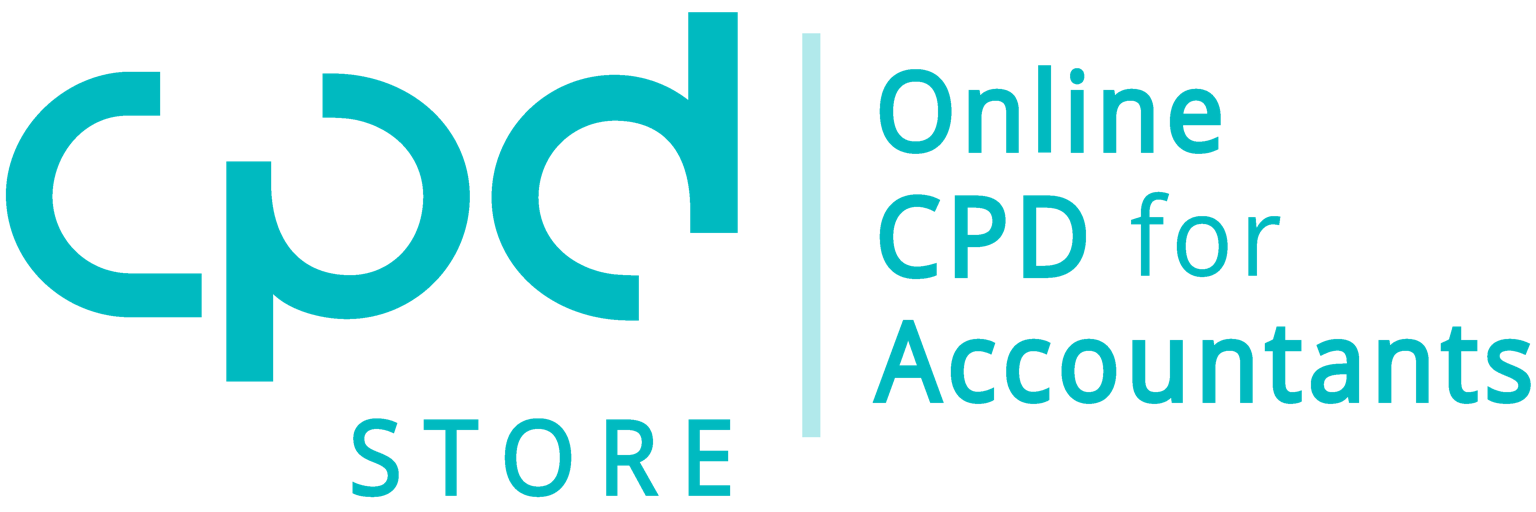WANT A SNEAK PEEK AT WHAT'S INSIDE CPD CLUB?
Start elevating your accounting skills today and claim your free course to discover the benefits you and your business will get from each of our courses.
Given the increasing property/share prices, now is a great opportunity to allow children to participate in capital appreciation in the future while still maintaining control, a family partnership may be a good option.
In his session, Is Now the Time To Bring Family Members Into Your Investment Decisions? John Murphy discussed how family partnerships offer a unique blend of control, flexibility, and tax efficiency that can be particularly advantageous.
One of the key benefits of family partnerships is the ability to maintain control over investment decisions. In many cases, the parents retain the authority to make all investment decisions, including when to buy or sell assets and when to distribute cash to the children. This level of control ensures that the parents can manage the investments according to their financial goals and risk tolerance, while also keeping the children's interests in check.
Another significant advantage of family partnerships is the potential for tax efficiency. For instance, if a property's value increases significantly, the Capital Gains Tax (CGT) and Capital Acquisitions Tax (CAT) could be substantial. However, if a child is part of the family partnership from day one and owns a portion of the property, the CGT and CAT could be offset against each other, potentially reducing the overall tax liability. This assumes that the child holds onto the property for at least two years, as per Section 104 of the Taxes Act.
Moreover, family partnerships can help avoid double taxation. If a parent sells an asset, pays taxes, and then gifts the remaining cash to their children, they would essentially be taxed twice. But with a family partnership, the income from the sale of an asset goes directly to the partners, thereby avoiding this double taxation scenario.
However, it's important to note that there are certain rules to consider when involving minors in a family partnership. According to Section 795 of the Taxes Act, the income generated from a gift given by a parent to a minor child is deemed to be the income of the parent. Therefore, careful planning is required when bringing minors into the partnership.
Family partnerships also offer flexibility in terms of how they are structured. The partnership agreement can be drafted to suit the specific needs and circumstances of the family. For example, it can clearly state that the parents are the managing partners and have the final say on investment decisions.
Family partnerships provide a strategic way to involve family members in investment decisions while maintaining control and optimizing tax efficiency. They allow for capital growth to benefit the children and can be tailored to fit the unique dynamics of each family. However, like any financial strategy, they require careful planning and consideration of all relevant tax laws and regulations.
To watch the full session, click here. In the session, John Murphy covers the above as well as the following topics:
- Transferring from a sole trade to a company – the options available & the tax reliefs that can be utilised.
- A review of family partnerships and the tax implications on the creation of same.
- Given the increasing property/share prices, now is a great opportunity to allow children to participate in capital appreciation in the future while still maintaining control, a family partnership may be a good option; covering:
- When could such a structure be used?
- What are the benefits of using these?
- What are the tax implications?
- What if there are minor children?
- How do they work?
- What types of partnerships are there?
- Can it be structured in other ways to get the same results?
- Registration of limited partnerships
The contents of this article are meant as a guide only and are not a substitute for professional advice. The author/s accept no responsibility for any action taken, or refrained from, as a result of the material contained in this document. Specific advice should be obtained before acting or refraining from acting, in connection with the matters dealt with in this article. The information at the time of publishing was accurate and could be subject to final changes.





